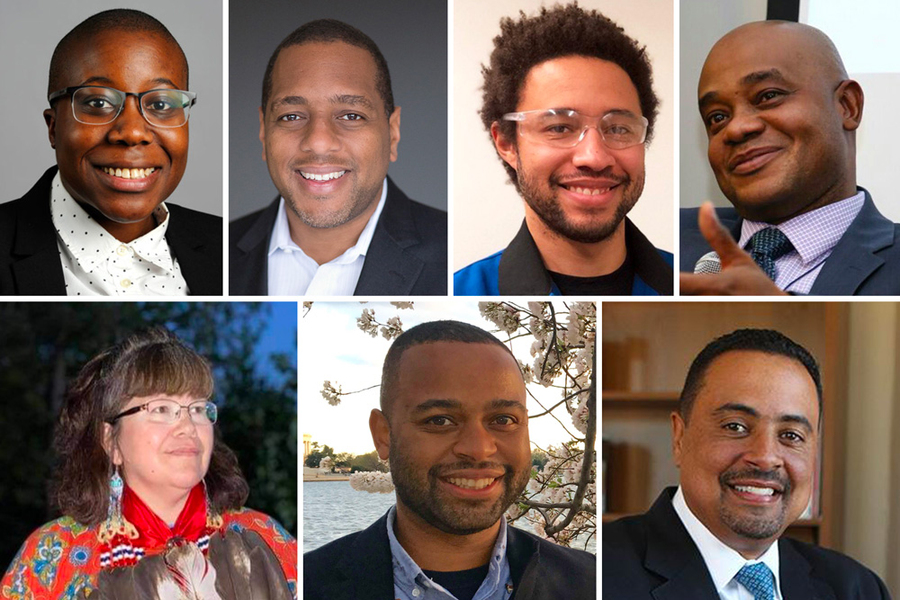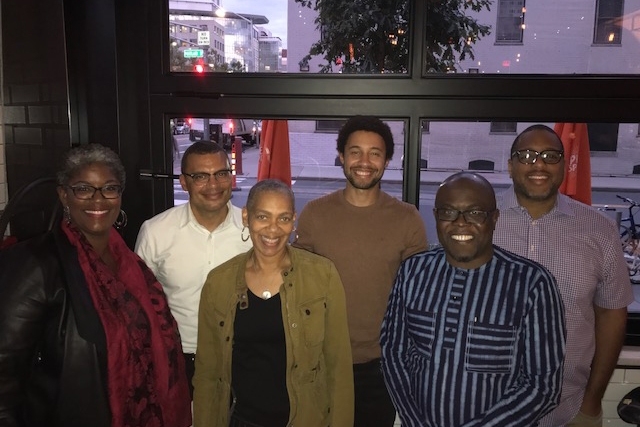Jamie C. Macbeth

- MIT Sponsors:
- Gerald Sussman, Computer Science and Artificial Intelligence Laboratory
- Scholar Link:Visit Jamie C. Macbeth 's website
Through our scientific and technological genius, we've made of this world a neighborhood. And now through our moral and ethical commitment, we must make of it a brotherhood.
Background
Jamie C. Macbeth is an assistant professor of computer science at Smith College. He received his PhD in computer science from the University of California Los Angeles, following an MS in physics (Stanford University) and a BS in physics (Brown University).
Interests
Macbeth’s research is focused on building and studying intelligent computing systems that demonstrate a human-like capability for in-depth understanding and production of natural language, and thus can achieve richer interactions with human users. He is especially keen on building systems that decompose the meaning of language into complex conceptual structures that reflect humans’ embodied cognition, memory, imagery and knowledge about social situations. Macbeth uses crowdsourcing and machine learning techniques to build these systems to scale, but he also often crafts systems by hand because it informs his research as to how to use crowds and machine learning methods better. Because these systems can comprehend narratives and participate in discourse, he studies how they may support safe and positive experiences for users of social media platforms by preventing the spread of harmful behaviors on them.
News Items
MIT hosts seven distinguished MLK Professors and Scholars for 2020-21
Honorees will engage in the life of the Institute through teaching, research, and other interactions with the MIT community.
Meet the 2019-20 MLK Visiting Professors and Scholars
Six scholars and professors are spending this academic year in engagement with the MIT community.
Sample Work
Publication
Automated Narrative Understanding Technologies for Intervention Against Cyberbullying
“Automated Narrative Understanding Technologies for Intervention Against Cyberbullying,” in Narratives in Research and Interventions on Cyberbullying among Young People. Edited by Heidi Vandebosch and Lelia Green. Springer, Berlin/Heidelberg, forthcoming.
Publication
Monitoring Scene Understanders with Conceptual Primitive Decomposition and Commonsense Knowledge
“Monitoring Scene Understanders with Conceptual Primitive Decomposition and Commonsense Knowledge,” with Leilani H. Gilpin and Evelyn Florentine, Advances in Cognitive Systems 6, (2018): 45–63.

